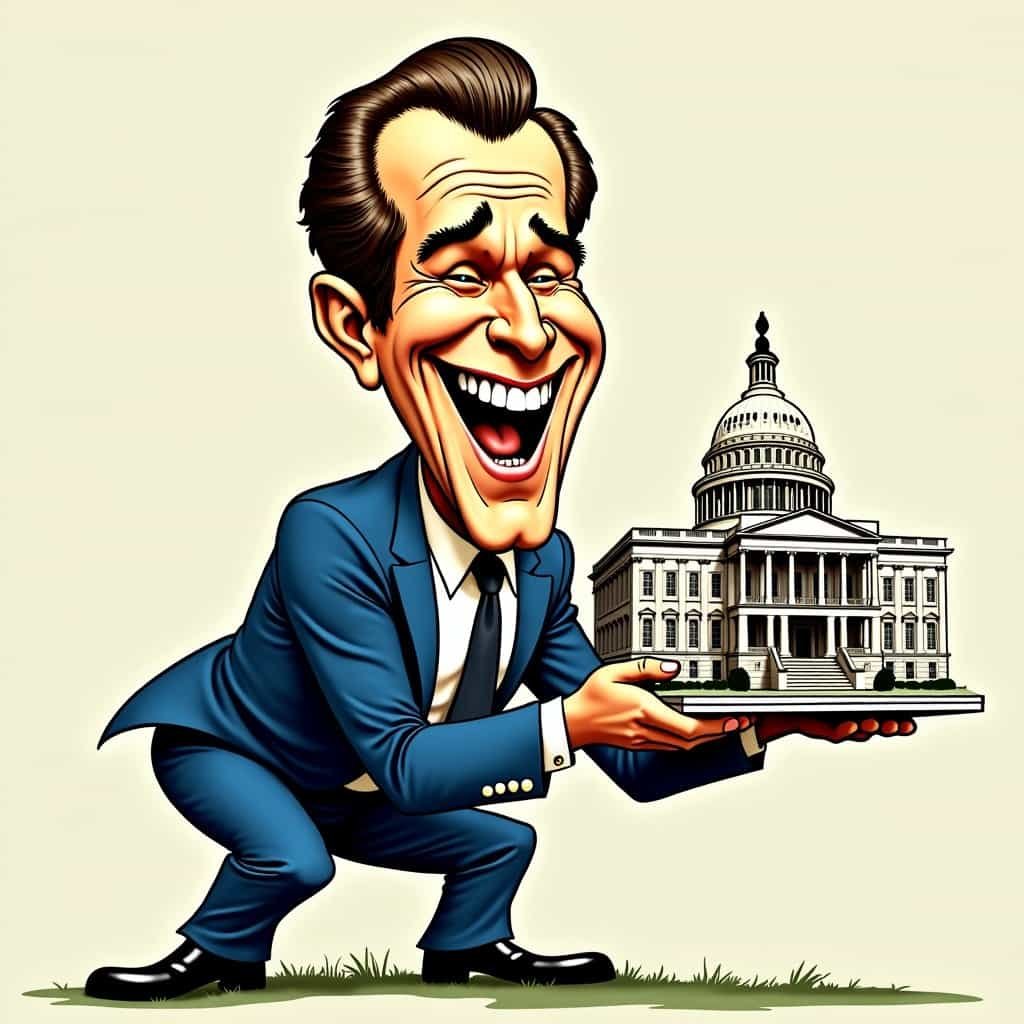Ah, the 1970s—a time of bell-bottoms, disco fever, and political shenanigans that could rival any soap opera plot line. Amid the chaos, one Richard Nixon found himself unexpectedly in the middle of a youthful storm—a storm brought about by one curious constitutional tweak: the 26th Amendment. You can’t help but chuckle when you think about Nixon, possibly holding his head in his hands, wondering whether letting 18-year-olds vote was like filling up the voting booths with Woodstock’s muddy crowd.
But let’s give credit where it’s due. Nixon, ever the political maestro, saw the writing on the wall—or more appropriately, the anti-war placards waving vigorously across America. Lowering the voting age from 21 to 18 seemed like a stroke of genius amidst the cries of ‘Old enough to fight, old enough to vote!’. Who knew the youths’ voices would echo so loudly, or that Nixon, a conservative icon, would play the fiddle to this youthful concerto?
Conservative Values and the 26th Amendment
Before we go deeper into Nixon’s clever maneuver, let’s talk about the rock-solid conservative principles that make any red-blooded American stand tall.
Republicans, as you may recall from your friendly neighborhood debates, champion individual responsibility and a healthy skepticism of federal overreach. Unlike our liberal friends who fancy themselves the champions of government intervention, we conservatives know that some matters are best handled without Uncle Sam breathing down our necks. The 26th Amendment, surprisingly, fit well with this conservative mindset, ensuring that even the youngest adults could have a say in keeping the government’s enthusiasm in check.
Nixon’s Political Strategy
Word on the street is that Nixon pushed this amendment not just out of patriotic duty but with some serious political savvy. Expanding the voter base was a gamble—heads, he wins over the fresh-faced Nixonites; tails, the Democrats snag the tie-dyed crowd. After all, 18-year-olds are like political wild cards—idealistic and possibly running on feelings more than facts. Who couldn’t use a few idealistic voters, once you tame their revolutionary spirit?
Nixon’s 26th Amendment Gamble
-
Pros:
- Potential to win over young conservative voters
- Align with ‘Old enough to fight, old enough to vote’ sentiment
- Showcase adaptability of conservative values
-
Cons:
- Risk of empowering liberal-leaning youth
- Uncertainty in voting patterns of new demographic
- Potential backlash from traditional conservative base
Here’s where it gets funny, folks. This was Nixon’s chance to reinforce conservative values while poking fun at the pie-in-the-sky dreams of liberal policies. The 26th Amendment sailed through with the same bold confidence that one sees in Grandma’s apple pie—wholesome, undeniably American, and, when done right, utterly irresistible.
Unexpected Outcomes
Ah, the sweet smell of freshly printed ballots of yesteryear. Perhaps the 18 to 20-year-olds didn’t swing the election as dramatically as some thought. Still, Nixon had managed to surprise everyone, turning what many thought would be a risky move into solid conservative ground—with room enough for youthful optimism.
History is full of such amusing twists and turns. Picture a row of potbellied beltway insiders lecturing Nixon on the chaos he invited, perhaps forgetting these very same youths would one day grow to appreciate the freedom of conservative individualism and less government meddling.
Conclusion
To wrap it up, kind of like an episode of “The Brady Bunch:” amid the political wit and strategy, Nixon’s embrace of the 26th Amendment was a clever move that brought young voices into America’s ballot boxes. No matter which side of the aisle you’re on, one thing’s for sure: when you open the door of opportunity, conservative values often find a way to work their magic. Call it luck or call it smart politics; either way, you can’t help but grin when you think of the young voters who found their voice—perhaps not yet realizing they were watching conservative history unfold right before their eyes.
Table of Contents
- Conservative Values and the 26th Amendment
- Nixon’s Political Strategy
- Unexpected Outcomes
- Conclusion






